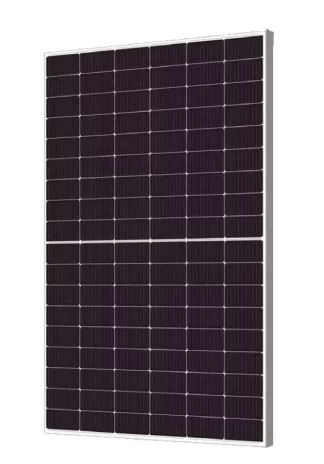
How to choose a monocrystalline PV module?
As the solar industry has become increasingly popular, so too have the number of options to choose from when deciding on a photovoltaic (PV) module. One of the most common types is the monocrystalline PV module, and it’s becoming an increasingly popular choice for both residential and commercial applications. So if you’re considering going solar, how do you choose which type of PV module is best for you? In this blog post, we’ll take a look at what makes monocrystalline PV modules different from other types of PV modules and discuss why they may be the right choice for your needs.

What is a monocrystalline PV module?
Monocrystalline PV modules are made from a single crystal of silicon, and are the most efficient type of solar panel. They are also the most expensive.
Advantages of monocrystalline PV module
Monocrystalline PV modules offer many advantages over other types of solar panels, including higher efficiency, longer lifespan, and better performance in low-light conditions. They are also more resistant to temperature changes and shading than other types of panels.
How to choose a monocrystalline PV module?
If you're looking to invest in a monocrystalline PV module, there are a few things you'll need to take into account before making your purchase. In this article, we'll guide you through the process of choosing the right monocrystalline PV module for your needs.
When it comes to monocrystalline PV modules, there are two main types on the market: those with an anti-reflection coating (ARC) and those without. ARC modules typically have higher efficiency rates than non-ARC modules, but they also come with a higher price tag. If you're working with a limited budget, a non-ARC module may be the better option for you.
Another factor to consider when choosing a monocrystalline PV module is the size of the panel. Monocrystalline PV panels come in a variety of sizes, so it's important to select one that will fit well within your available space. Keep in mind that larger panels will require more supports and may be more difficult to install than smaller ones.
Finally, make sure to check the warranty coverage offered by the manufacturer before making your purchase. Most monocrystalline PV modules come with a standard 25-year warranty, but some manufacturers offer extended coverage up to 30 or 40 years. Choose a panel from a manufacturer that offers comprehensive coverage in case any problems arise down the road.
If you are interested in monocrystalline PV module, welcome to contact monocrystalline PV module factory Solarborn to read more.
Related News
-
 Types of monocrystalline solar panelsSolar energy is an increasingly popular source of renewable energy, and monocrystalline solar panels are an important part of the equation. Monocrystalline solar panels are made from a single crystal of silicon, making them highly efficient···
Types of monocrystalline solar panelsSolar energy is an increasingly popular source of renewable energy, and monocrystalline solar panels are an important part of the equation. Monocrystalline solar panels are made from a single crystal of silicon, making them highly efficient··· -
 Why is it more expensive than the grid -connected power generation system?Why is it expensive than grid-based power generation systems than grid-connected inverters? Actually, the cyber power generation system requires a battery. He accounts for 30-50%of the cost of the network power generation system. And the ba···
Why is it more expensive than the grid -connected power generation system?Why is it expensive than grid-based power generation systems than grid-connected inverters? Actually, the cyber power generation system requires a battery. He accounts for 30-50%of the cost of the network power generation system. And the ba··· -
 Talking about Power generation SystemThe system of power generation, as the name implies, is a system that does not rely on the national power grid. It is also called Li network solar power generation system. It is composed of solar panels, controllers, batteries and inverters···
Talking about Power generation SystemThe system of power generation, as the name implies, is a system that does not rely on the national power grid. It is also called Li network solar power generation system. It is composed of solar panels, controllers, batteries and inverters···


 Language
Language







